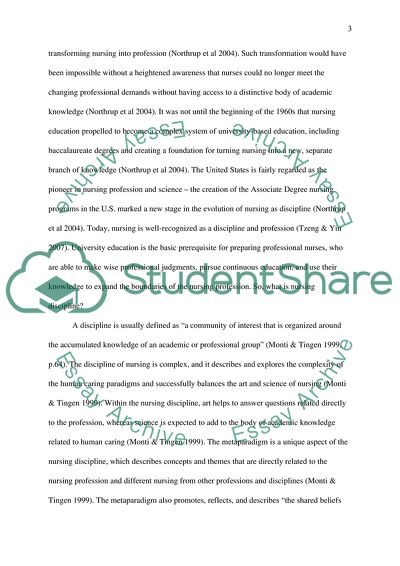Cite this document
(Nursing as Discipline Essay Example | Topics and Well Written Essays - 3000 words, n.d.)
Nursing as Discipline Essay Example | Topics and Well Written Essays - 3000 words. Retrieved from https://studentshare.org/nursing/1749564-nursing-as-discipline
Nursing as Discipline Essay Example | Topics and Well Written Essays - 3000 words. Retrieved from https://studentshare.org/nursing/1749564-nursing-as-discipline
(Nursing As Discipline Essay Example | Topics and Well Written Essays - 3000 Words)
Nursing As Discipline Essay Example | Topics and Well Written Essays - 3000 Words. https://studentshare.org/nursing/1749564-nursing-as-discipline.
Nursing As Discipline Essay Example | Topics and Well Written Essays - 3000 Words. https://studentshare.org/nursing/1749564-nursing-as-discipline.
“Nursing As Discipline Essay Example | Topics and Well Written Essays - 3000 Words”, n.d. https://studentshare.org/nursing/1749564-nursing-as-discipline.


